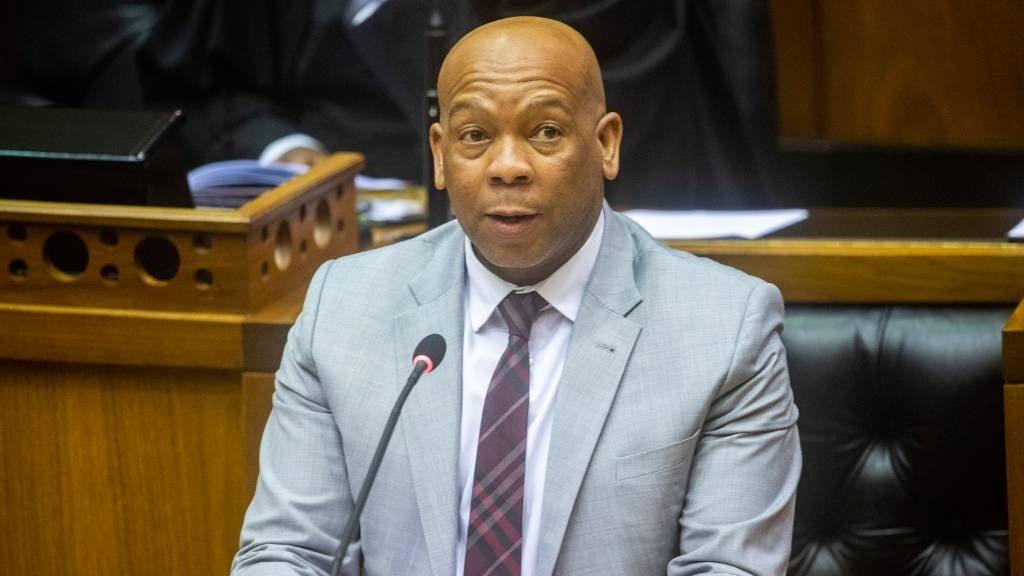Africa-Press – South-Africa. Significant gains have been made in the management of power stations and operations, resulting in Eskom overcoming the need to burn diesel.
It has significantly reduced load shedding.
This was according to Minister in the Presidency Khumbudzo Ntshavheni, who briefed the media on Thursday following a Cabinet meeting held the previous day.
She said Cabinet received a report from Electricity Minister Kgosientsho Ramokgopa, which detailed the recent gains made by Eskom with regard to the management of its power stations and operations.
“This overcame the need for Eskom to burn diesel this past weekend and avoid load shedding,” said Ntshavheni.
She added that Cabinet welcomed the recent deliberations by Ramokgopa and Mozambique’s Minister for Mineral Resources and Energy, Carlos Zacarias, to secure additional power from that country to support the national grid.
“In the immediate term, Mozambique can provide 80MW and a further 1 000MW over the medium-term,” said Ntshavheni.
Despite this, Ntshavheni said the government was still urging citizens to save electricity, given the increased demand in winter.
“Cabinet continues to urge South Africans to support the Winter Demand Management campaign, to save electricity, to reduce the strain on the national grid and help lower load shedding stages this winter,” said Ntshavheni.
Last week, Ramokgopa warned that the government would be ramping up Demand Side Management (DSM) programmes as part of measures to prevent load shedding from exceeding Stage 6.
He was presenting an update on the implementation of the Energy Action Plan.
Ramokgopa said the government was working tirelessly to avert a worst-case scenario by implementing the first phase of the DSM plan until August, with a focus on “surviving winter”.
Explaining the DSM strategy, he said electricity utilities used it to control demand by encouraging consumers to modify their level and pattern of electricity usage.
According to the electricity minister, this typically included monetary incentives to encourage consumers to buy energy-efficient equipment, or to lower prices if they agree to reduce usage during peak times of demand.
“Necom will run an aggressive DSM campaign aimed at reducing demand on the grid. It is possible to reduce demand by 1 000MW and reduce load shedding by one stage through simple measures,” said Ramokgopa.
He said the government was urging electricity consumers to set inverters and batteries to charge from the grid during the night, so as to avoid increasing demand at peak times, which were in the morning and evening.
“Inverter charging can add up to 1 400MW of excess demand, or more than one load shedding stage when the grid is already constrained,” he said.
Ntshavheni announced that Ramokgopa would brief the media on Friday.
For More News And Analysis About South-Africa Follow Africa-Press






